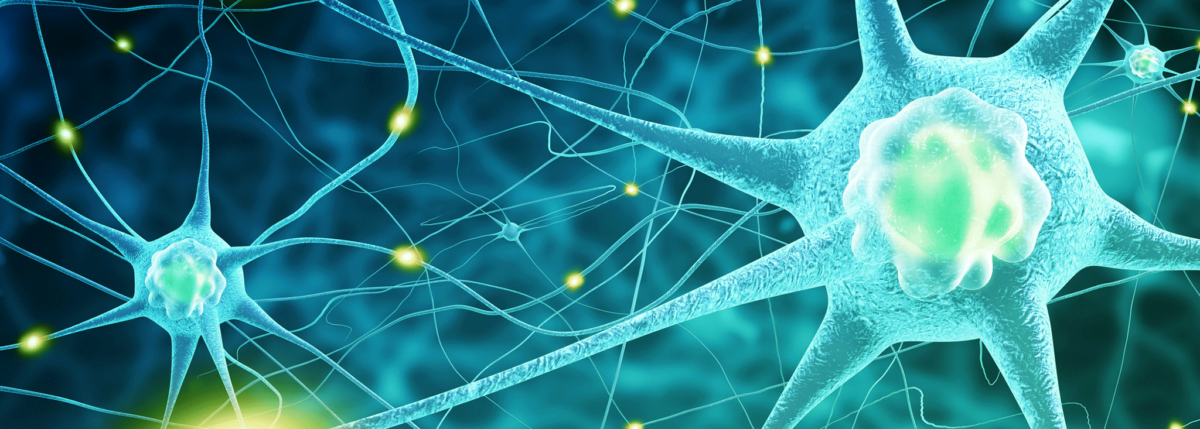What is Neuropathy?
Neuropathy refers to the damage of the peripheral nerves within the central nervous system, which connects the brain and spinal cord to the rest of the body. These nerves control necessary functions like movement, sensation, and motor skills. Conditions like diabetes can cause nerve damage, which results in permanent implications for the body.
Symptoms of neuropathy are somewhat wide-ranging and can include but are not limited to:
- Temporary or permanent numbness
- Pain
- Muscle weakness
- Tingling or prickling
- Loss of sensation in the limbs
- Burning sensations
- Paralysis
Organs and glands can also malfunction, and those experiencing neuropathy may also see a restriction in the ability to urinate and function sexually. It typically affects the hands and feet but can extend to other parts of the body, especially when the condition worsens.
Nerve damage is especially serious because it can completely restrict sensation in the limbs, impair the movement of the muscles and cause a great deal of pain. Diabetes is a leading cause of polyneuropathy or neuropathy that is characterized by multiple nerves malfunctioning at once. Both often the result of badly controlled blood sugar levels, so blood glucose monitoring is critical in helping to prevent them. Unlike other diabetic complications, neuropathy is not restricted primarily to diabetes. Alcoholism, vitamin deficiencies, medications, autoimmune disorders, infections and other diseases can also lead to it.
Aside from checking blood sugar often and maintaining proper blood glucose levels, neuropathy can also be avoided by instituting a healthy diet, building an exercise regimen, avoiding overindulging in alcohol and being strict about diabetes management and education. The condition can be helped and further complications can be prevented by understanding extensively what causes neuropathy and seeking treatment as soon as any symptoms are remotely noticeable. It has been documented that rates of recovery are exponentially better when patients receive treatment early on.





